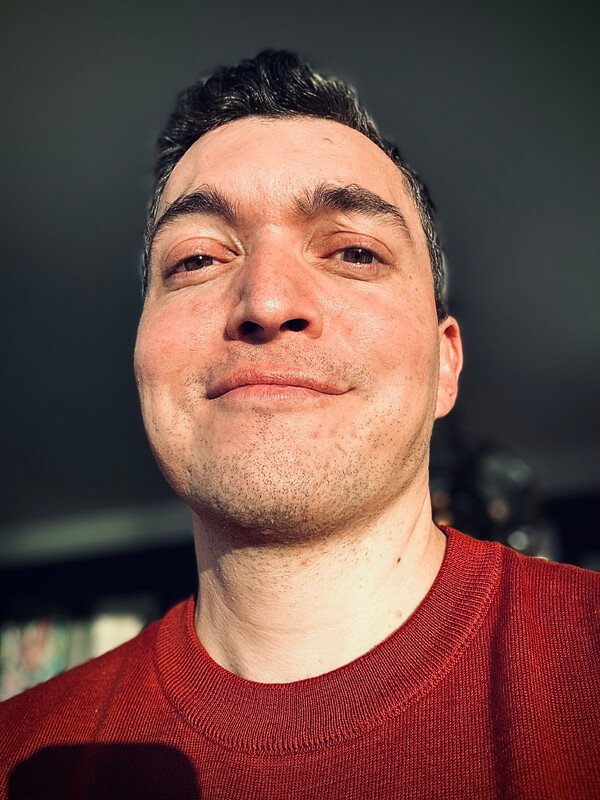
Can you tell us about your background and how your legal career led you to writing scripts?
It didn’t. No, that’s not entirely true. For 22 years I was a corporate lawyer and lived in a world of writing; albeit, a world very dry, very droll writing. I never considered creative writing an avenue of mine, before Good my last creative writing piece received a review of A-.
What was the inspiration behind your screenplay GOOD? How did it come together?
A late night heated debate with my best friend last summer over the potential affect the onset of AI would have on humanity’s sense of self, goodness, and individuality led me to defend the resilience of human nature by declaring that even if AI caused the apocalypse and even it happened to the Breakfast Club and even if the Breakfast Club had the worst jobs in world, working for Amazon in logistics in suburban Omaha, Nebraska they would still find a way to do the right thing. I was so convinced I was right I wrote my allegory down in my iPhone’s Notes App so that I could retell my argument at the breakfast table the next morning and I would be told I was right and I did and they did but more importantly they told me my story was hilarious and I should write a movie about it and 10 weeks later I finished Good.
How has your experience in law influenced your storytelling or character development in your writing?
Research. I was an excellent legal researcher and used those skills to make Good as accurate and believable for the audience as possible.
What were some challenges you faced transitioning from law to the creative world of film?
Sleep. The transition was not immediate and taking on both roles for awhile made sleep a luxury.
Could you share some key lessons you learned from your journey from a lawyer to a writer?
Asking for help is not a weakness. It is a strength.
In what ways do you see your mixed heritage influencing your work?
Being able to see the world in many lenses makes seeing the world in one common light much easier.
What advice would you give to someone looking to make a career change into creative writing later in life?
Don’t be timid. So many people make decisions based on the risk of giving up what is safe. I would like to challenge that. Rather than the risk of giving up what is safe, I would challenge you to ask yourself do you believe you have a talent for this change and more importantly, does it make you happy? If the answer to these questions is yes, then the real risk you need to weigh is whether how much happiness you are willing to risk just to continue being safe.
Your family produces olive oil, which is a unique fact about you. How does your personal life inspire your creative work?
My father’s early lessons about the importance of common human decency inform me in all of my writing.
Can you describe the process of writing a screenplay from your perspective as someone who has been in different professional fields?
Unlike what I am told is the traditional screenwriting process, I write each of my stories straight through – from beginning to end.
Looking ahead, what projects are you most excited about, and how do you see your career evolving?
I have just completed Mecca, the prequel to Good, and look forward to completing the two parts of Hi, which complete The Parables Anthology.
